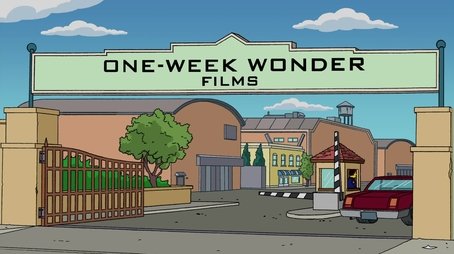
Sorry, we have not watched this yet.

Homer gets the lead in a movie about a superhero who can take on the powers of every superhero in any comic book he touches. To whip Homer into superhero shape, the studio hires a celebrity fitness trainer.
Sorry, we have not watched this yet.